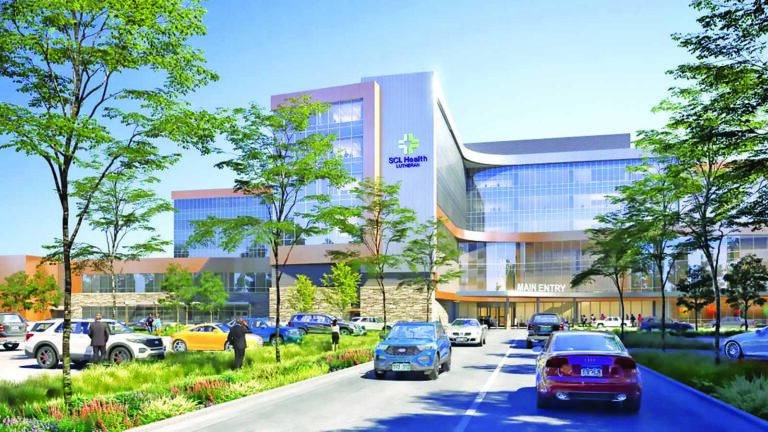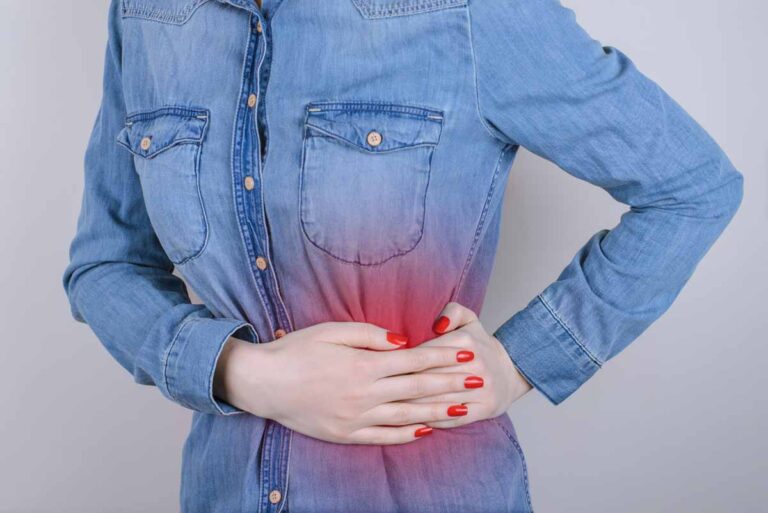We all have feelings of sadness at some point in life. When those feelings last for more than two weeks and interfere with our daily lives, perhaps something more is going on. National Depression Screening Day is Oct. 12. Depression is common, affecting about 18 percent of Americans, and it is treatable. If you recognize yourself or someone you love may have depression, screening may be warranted.
Genetic factors, our environment and psychological factors may affect our propensity toward depression. Although depression affects people of all ages, those in the 18-24 age group account for over 21 percent of depression cases in the U.S. This may be influenced by a time of new freedoms and responsibilities, when cognitive function is still developing in younger adults.
Women suffer from depression almost twice as much as men. One reason may be the many points in life that women experience great fluctuations in hormones. From puberty, monthly periods, pregnancy to menopause, women’s hormones can change quickly and drastically. This may help explain why women bear the brunt of depression in society.
Common signs and symptoms of depression are:
• Crying often or feeling sad or empty
• Loss of interest in activities or hobbies you once enjoyed
• Easily becoming angry or irritated over small things
• Sleeping too little or too much
• Unexplained weight loss or gain
• Feeling exhausted or tired
• Feelings of inadequacy or hopelessness
• Frequent thoughts of death or suicide
• Unexplained aches and pains
• Feeling anxious, restlessness
• Trouble concentrating, remembering, or making decisions
Your healthcare provider can diagnose and treat your depression. They may ask questions about your symptoms, life struggles and emotions, and may give you a screening questionnaire.
Discuss medications you are taking. For example, hormonal therapy and beta blockers are common culprits whose side effects can be depression. You may also have lab work to rule out other health conditions that can lead to depressive symptoms such as thyroid dysfunction, vitamin D deficiency, anemia, or diabetes, to name a few.
Most people need treatment for depression to feel better. This may include medication, psychotherapy (talking with a therapist) or both. It is not uncommon to need to try different antidepressants before finding one that improves your mood. Antidepressants that work for one family member may also be helpful for another.
Options for those who suffer from treatment resistant depression include brain stimulation (TMS, ECT) and psychedelic substances. Some treatments have been effective and in use for decades while others have recently been approved by the FDA. Ketamine and esketamine have been approved by the FDA while psilocybin remains in clinical trial.
It may be possible to prevent or avoid depressive relapse through behaviors that promote good health. Limit alcohol intake – it is a depressant – and avoid use of nicotine products and illicit drugs. Marijuana has stimulant and hallucinogenic properties that can also contribute to depression. Exercise, follow a healthy diet, maintain social connections, and get proper sleep.
Depression is not something you can snap out of, but it is common, highly treatable, and possibly preventable. Get the help you deserve today.
Meredith Ulon is a licensed clinical social worker at West Pines Behavioral Hospital.




